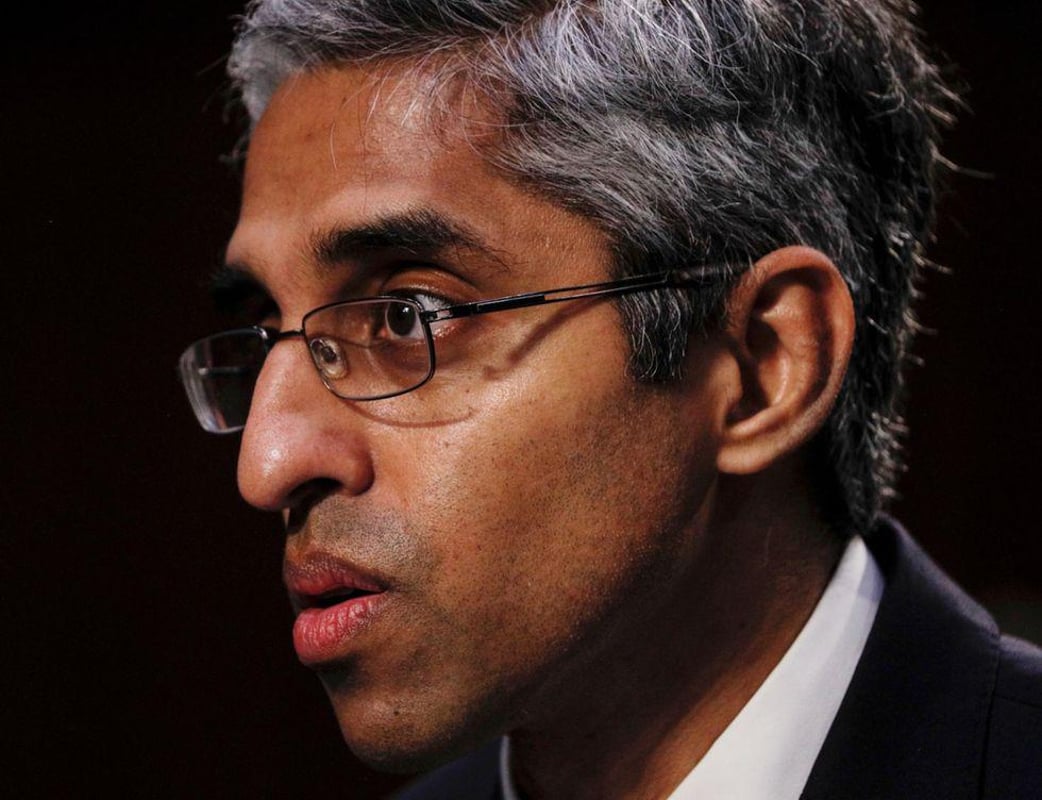U.S. Surgeon General Investigates COVID-19 Misinformation

FRIDAY, March 4, 2022 (HealthDay News) -- An investigation into health misinformation on COVID-19 has been launched by U.S. Surgeon General Vivek Murthy, M.D.
"Misinformation has had a profound impact on COVID-19 and our response," Murthy told CNN. "Studies have demonstrated that the vast majority of the American public either believes common myths about COVID-19 or thinks those myths might be true. And many of those include myths around the COVID-19 vaccine, so we've seen firsthand how misinformation is harming people's health when it comes to COVID."
Murthy has requested input and data from tech companies, health care providers, and community organizations to learn more about the scope and impact of misinformation on COVID-19. This is the first time the Biden administration has asked tech companies to divulge certain data publicly, including major sources of misinformation, its extent, and who may have been more targeted, CNN reported.
"We'll be looking forward to whatever information they have to share. We're certainly approaching this with an open mind," Murthy said. "Many of the new technology platforms have also been talking about solutions that they are trying to implement, but what we want to understand is what data do they have on whether these solutions are actually working or not."
Equally important is input from health care workers, teachers, and families on coping with misinformation, he said. "Health misinformation is making the jobs of health care workers much harder at a time where our health care workforce is strained," Murthy told CNN. "I hear from health care workers that they are battling COVID in the hospitals during the day, and they're going home and battling health misinformation at night."
Gerald Harmon, M.D., president of the American Medical Association, released a statement applauding the Surgeon General's effort to root out COVID-19 misinformation online. "The AMA has called out the junk science and misinformation about this virus that have proliferated on social media and [sown] distrust in medicine, cost us lives, and driven families apart," Harmon said. "Collecting and understanding this data is critical to reversing its deadly impact and future spread."
Related Posts
Prevalence of Smoking 28.1 Percent in Underserved Communities
MONDAY, March 7, 2022 (HealthDay News) -- In underserved communities, the...
Broad Eating Disorder Symptoms Linked to Later Alcohol Problems
THURSDAY, July 6, 2023 (HealthDay News) -- Broad eating disorder symptoms are...
Rates of Severe COVID-19 Lower With Nirmatrelvir in ≥65s
THURSDAY, Aug. 25, 2022 (HealthDay News) -- For adults aged 65 years or older,...
Tanto fumar como vapear es malo para los dientes y las encías, según un estudio
LUNES, 12 de diciembre de 2022 (HealthDay News) -- Las personas que quieren...
